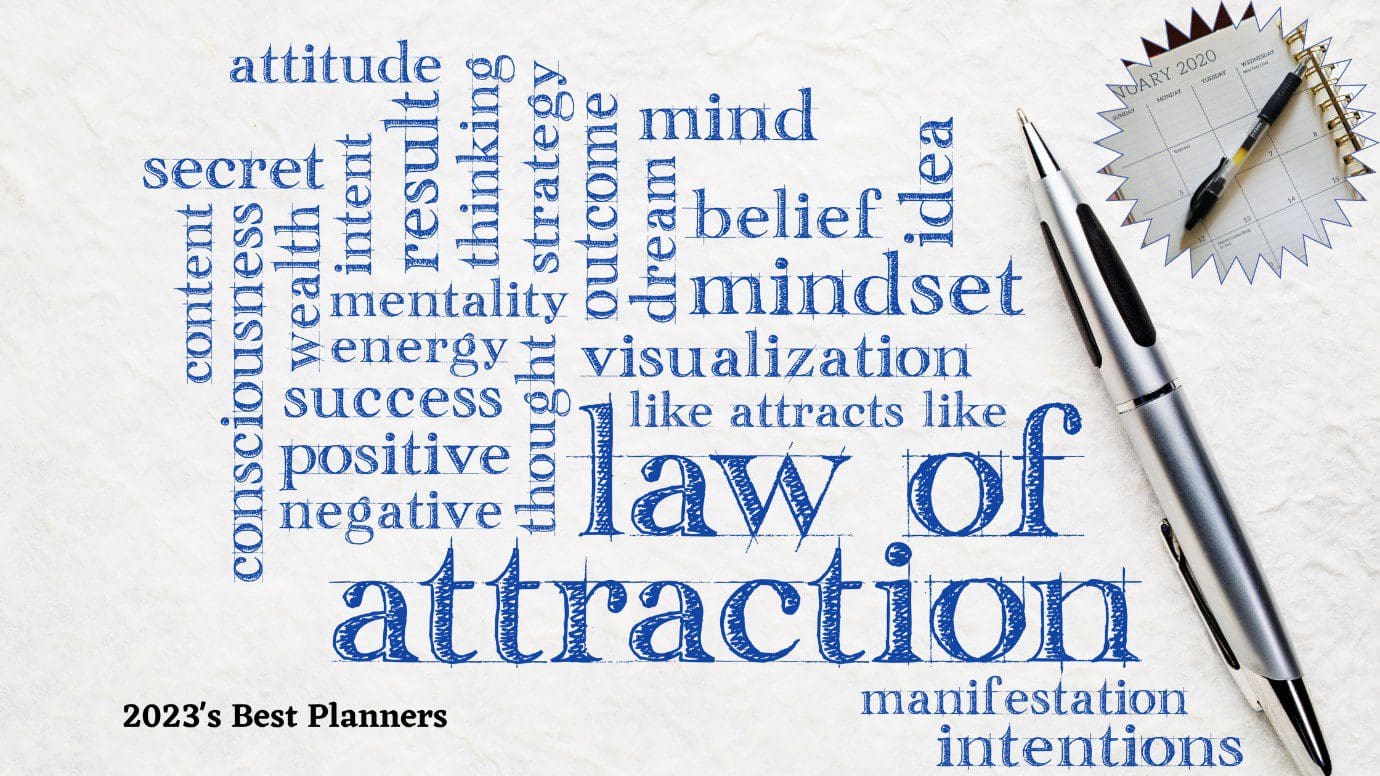
Have you ever been curious if self-hypnosis for success audios or scripts could actually help you reach your goals? You might be surprised how many people use it to stay motivated and clearly aligned with their purpose.
This simple mindset tool is used to help build self-belief and create lasting shifts in how we think and act. It’s a practical option many turn to when they want to break through mental blocks and step into real growth. Both personally and professionally.
So, how does self-hypnosis actually work for success? And how long before you actually see the results? In this post, we’ll dive into how it’s used, available options, and what’s important to know before getting started.
What Is Self-Hypnosis for Success?

Self-hypnosis for success involves using guided resources. Resources like pre-made MP3s or scripts, to help with working toward your success goals.
Some like the idea of ready made guided hypnosis audios, while others like to get a ready made script and record it in their own voice.
The idea behind ready made audios and scripts is that it’s a whole lot easier than trying to do all of the steps on your own.
It can be challenging at times without using these types of supportive aids. That’s why many turn to ready-made audio sessions, created by clinical hypnotherapists
Here’s a glimpse of what typically happens during a session. Usually there are 4 stages in a typical hypnosis session: Example, it normally includes an induction, a deepening, positive suggestions. And helps you to gently return to a fully awake state.
Traditional hypnosis is normally done with a trained practitioner. Self-hypnosis, on the other hand, offers the option to listen to sessions in the comfort of your own home.
Can You Use Self-Hypnosis to Become More Successful in Life?
Since, self-hypnosis is often used as a supportive mindset tool, it can help us in developing healthier habits.
Habits that guide us toward our personal and professional success. That said, it’s not an overnight quick fix. It’s more about strengthening the new mental patterns in time.
With regular practice, it helps with shifting attention toward more constructive thinking. Away from the negative self-talk and self sabotaging behaviors.
Empowering the mindset that aligns with your intentions and goals.

Hypnosis is often used to:
- Strengthen one’s motivation when working toward goals.
- Improve focus, concentration and resilience.
- Reduce self-doubt and unhelpful thought patterns that deter us from our success goals.
- Increase mental clarity when making decisions.
Hypnosis for Success and Wealth
Success and wealth are often used interchangeably. But they don’t mean exactly the same thing.
Success can be a personal thing, it can refer to achieving goals in any area of your life. For example: health goals, relationship goals, education, or certain career goals.
Wealth, on the other hand, specifically relates to financial assets, income, and material abundance.
Self-hypnosis can be a helpful mindset tool for improving mental focus and consistency.
They’re both important when pursuing success and wealth. Reinforcing positive thought patterns and addressing internal barriers such as self-doubt, procrastination and fear.
Do Successful People Use Hypnosis?
Hypnosis is a tool utilized by a number of high-achieving individuals, like athletes, business professionals, and performers.
While hypnosis isn’t a guaranteed fix-all for success, it’s often part of a broader mental strategy.
Many high-performance individuals use it alongside tools like meditation, visualization, and goal-setting techniques.
It’s typically used to enhance mindset and behavior, supporting hard work, strategy, and consistent practice.
How Long Does Hypnosis for Success Take to Work?
The time it takes for hypnosis to show noticeable changes can vary from person to another. Several factors can influence how quickly someone experiences changes.
This includes the specific goals they’re working on.
Some goals can take a little longer to achieve than others. Also, an individual’s openness to the process. Including how much time they dedicate to the sessions, affects the results of self-hypnosis
For some, noticeable effects may come after just a few sessions.
What Is the Success Rate of Hypnosis?
The success of hypnosis depends on the individual’s goal or issue, their responsiveness, and the experience of the practitioner.
While results vary, research shows that hypnosis can be an effective mindset tool within the right context.
One often-cited review by Alfred A. Barrios, Ph.D. (1970), found a 93% success rate for hypnotherapy—higher than behavioral therapy and psychoanalysis.
More recent research supports its use as well. For example, a 2001 review found hypnosis to be more effective than some of the standard options for quitting smoking.
Depending on the condition and the context, some clinical studies have reported hypnosis success rates ranging from 60% to 90%. For example: issues like smoking cessation, anxiety, and pain management.
What Impacts the Effectiveness of Self-Hypnosis?
- Individual Suggestibility: Some people are naturally more responsive to hypnotic suggestions, which can help with influencing outcomes.
- Clear Purpose: Knowing exactly what you want to achieve (like reducing stress or breaking a habit.) Helps focus your mind, making suggestions more directional.
- Consistency and Practice: Like any mental skill, regular practice strengthens results in time.
- Relaxation Ability: The easier you can enter a relaxed, focused state, the more effective self-hypnosis tends to be.
- Quality of Scripts or Recordings: Using well-structured, professionally developed scripts or audios, helps enhance the process.
- Environment: A quiet, comfortable space free from interruptions supports deeper state and focus.
- Belief and Openness: A willingness to engage in the process (without unrealistic expectations) plays a role in effectiveness.
Tips When Using Self-Hypnosis for Success at Home
To get the most out of your sessions when using self-hypnosis for success at home, here’s a few practical tips:
- Set a Specific Goal: Focus on one goal at a time. For Example: like improving focus, building confidence, or letting go of self limiting beliefs.
- Create a Routine: Use the same time and space daily to build a habit. It helps to signal your mind it’s time to focus.
- Use Headphones (when listening to audio): Headphones are usually better than ear phones, as they help block outside noise and distractions. They help with immersion and concentration.
- Keep Sessions Consistent: Even 10–15 minutes a day can be effective when practiced regularly.
- Write Down Your Affirmations or Suggestions: This helps reinforce clarity and your intention before starting.
- Avoid Trying Too Hard: Let the experience unfold naturally. Self-hypnosis works best when you’re not overthinking and over analyzing it.
- Track Your Progress: Use a journal to note shifts in mindset, mood, or behavior over time. Just like you would with this life and goal planner.
Self-Hypnosis Scripts for Success
Professionally written self-hypnosis scripts are designed to guide the process. They help to make hypnosis for success more focused and structured.
If you’re purchasing a written script, it’s a good idea to ensure it’s created by experienced hypnotherapists. Just like this extensive library of professionally crafted audios and scripts.
Using the right language, pacing, and structure all help for ensuring that the subconscious mind absorbs the messages for success.
Tips for Recording Your Self-Hypnosis Script
If you’re using a written script to record it in your own voice, here’s are a few helpful tips:

- Choose a Quiet Environment: This helps keep the recording clear from outside noise or distractions.
- Use a Calm and Natural Tone: Speak in a relaxed voice that feels soothing to you. A slower pace often supports a more calming, focused experience.
- Optional Adding Gentle Background Music: There might be a favorite relaxation piece of music you enjoy. Setting a peaceful mood.
- Familiarize Yourself with the Script: Read it through a few times beforehand, so it flows smoothly when you record it.
- Highlight Key Phrases: You might want to highlight any key phrases that are important to you.
Choosing the Right Self-Hypnosis Audio
With so many options available out there, it’s helpful to look for recordings from reputable sources. You might want to explore a few different recordings to find the one that feels more supportive for your needs.
A few things to keep in mind:
- Professional credentials and clinical background
- Clear audio quality and usually a calming tone of voice is helpful
- A focus or script that aligns with personal goals or themes
- Positive user feedback or reviews if available
How to Know If It’s Actually Working
The effects of self-hypnosis can vary. For some, changes may be subtle and build gradually, while others might notice shifts more quickly.
This is where your journal comes in handy, tracking your experiences and behaviors can help you notice patterns and shifts in time.
- Mindful Awareness of Thoughts: Through self-hypnosis, you may start to notice thought patterns or habits that you might have missed before. Example: recurring negative self-talk. Allowing you to stop them in their track, replacing them with more positive dialogue and thoughts.
- Changes in Focus or Motivation: Some people observe a shift in how they approach daily tasks toward their goals. Possibly more motivated, thinking outside the box situations.
- Small Behavioral Shifts: Gradual changes in routine or decision-making may start to appear. For example: a task you once hesitated to do, might now feel like something you can and will tackle.
- Emotional Responses: Feeling a bit more at ease or steady during everyday challenges, could be a sign of internal adjustment.
- Relaxation During Practice: A sense of calm, slower breathing, or muscle release may occur during or after sessions.
Is Self-Hypnosis Safe for Everyone?
For many, self-hypnosis can be a non-invasive and relaxing technique, usually carry minimal risk. However, there’s a few considerations to take note of:
- May Not Be Suitable for Everyone: This approach might not be suitable for individuals experiencing certain mental health conditions. It’s always best to first consult with a qualified mental health professional to ensure it aligns with your personal and professional needs.
- Professional Guidance Is Useful: Those who are new to hypnosis or with specific goals in mind, may find it more beneficial to work with a trained professional at first. Ensuring the process is effective and safe. A hypnotherapist may suggest further sessions carried out at home. Which could include using self-hypnosis audios as part of the process for strengthening new suggestions.
Final Thoughts
Self-hypnosis for success is about nurturing the mindset and aligning it with our goals.
Supporting both our personal and professional growth.
Practiced in a gentle and intentional way, it can encourage lasting inner shifts and results.
Whether through guided audios or written scripts, it can become a valuable part of a broader wellness and success routine.
Here’s more articles on hypnosis:













 Self Care Tips
Self Care Tips